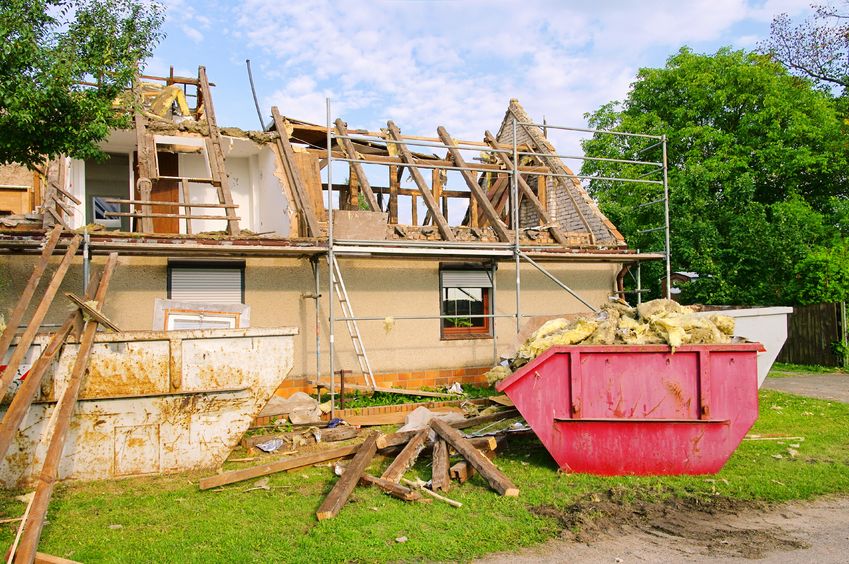Construction is one of the biggest industries in the States. Construction waste is generated by construction activities, such as scrap, damaged or spoiled materials, packaging materials and waste generated by labor. Waste management is the technique of reduction, recycling and reuse of such wastes to ensure sustainability of resources. There are several recycling companies in New Jersey that provide construction waste management services including Express Recycling and Sanitation, but first it is better to learn the materials involved in construction waste.
Construction and Demolition Wastes
Materials and products that present high risks are:
- Hazardous waste
- Asbestos
- Lead-containing materials
- Solvents and chemicals
- Dust
- Electronics
- Medical waste
- Materials contaminated with waste
Materials and products that present low risk:
- Wood and plant materials
- Concrete
- Gravel
- Rubble
- Metals (ferrous and non-ferrous)
- Plastic
- Glass
- Doors and windows
- Cardboard and paper
Eliminating Waste
Some construction waste can be eliminated at early stages. Metals used in concrete construction can be removed and reused on other projects. Eliminating construction waste can be beneficial to improve the impact on human health and environment.
Minimizing Waste
Building-related waste can be minimized. Construction products can be shipped with minimum packaging involved. Using recyclable material will also minimize potential waste.
Reusing Materials
Some demolition waste, for example doors and windows in good conditions can be reused. They can either be refurbished to substitute for new products, or sold to other projects. This conserves natural resources for future use.
Management
Management of construction and demolition waste is divided in three levels
Project Level – Project level requirements can be found in project specifications and contract provisions. Green building certification programs include measurements and verification targets that help achieve project goals and at the same time, help preserve the environment.
Organizational Level – Includes the business practices of building owners and general contractors. Corporate green building practices include diversion, reduction in greenhouse gas emissions, and sustainability methods.
Disposition Level – This involves the segregation, sorting, handling, transporting and final disposition of construction waste. Disposition management should be carried out in accordance with all the laws and regulations. Communication with building owners and general contractors involve written diversion reports starting the amounts of material accepted, diverted, disposed, and the locations of the disposition. As they are project specific, custom diversion plans should be made to ensure regular and legal disposition.
Every project will have its own waste management method. Consult with us to help you start managing your construction waste effectively.
Connect with us: Facebook – Twitter – LinkedIn – YouTube – Google +

